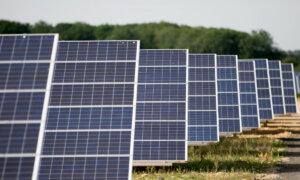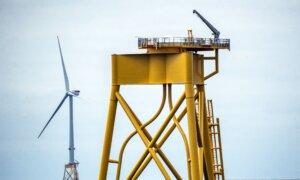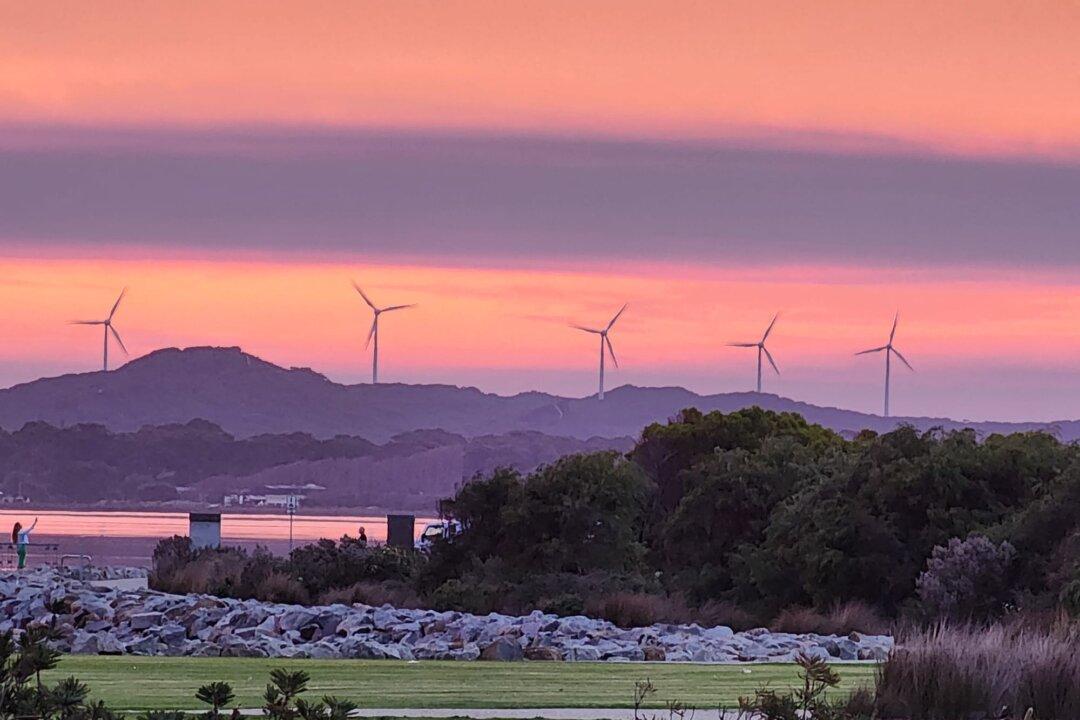The Albanese Labor government has introduced a law to set up a Net Zero Authority in Australia to support the country’s transition to net zero.
The Labor government is pumping $189.3 million (US123.5 million) of taxpayer funds into the initiative to resource the authority.
Mr. Albanese said the Net Zero Economy Authority will play a role in one of the most significant economic events in Australia’s history and position the country as a renewable energy superpower.
“There is no nation on earth better placed than Australia to achieve the energy transition here at home and power it in the world.”
The authority will be an independent statutory body within the prime minister’s portfolio.
Assistant Minister to the Prime Minister Patrick Gorman also introduced the Net Zero Economy Authority (Transitional Provisions) Bill 2024 to the House of Representatives on March 27.
Debate was adjourned on the bill after it was introduced into parliament.
Reaction to the Bill
Polly Hemming, director of the Australia Institute’s Climate and Energy program raised concerns about conflicts of interest.Also commenting on the legislation, the Australian Council of Trade Unions (ACTU) said the Net Zero Economy Authority will support workers and their communities.
ACTU President Michele O'Neil said the bill marks the culmination of more than a decade of campaigning from the union movement.
Concerns Nuclear is Not Being Considered
Meanwhile, the Opposition is focussing its concerns on Labor’s “renewable-only strategy.”Shadow Minister for Climate Change and Energy Ted O'Brien called for nuclear in a post onFacebook on March 26.
“The Albanese Labor government refuses to even have a mature conversation about the role next-generation nuclear could play in cleaning up Australia’s grid.”
Opposition Leader Peter Dutton also said cost of living would be impacted.
Initially, the legislation applies to large companies with two out of the three following criteria: revenue exceeding $500 million (US$326 million), gross assets surpassing $1 billion, or a workforce of 500 employees or more.







